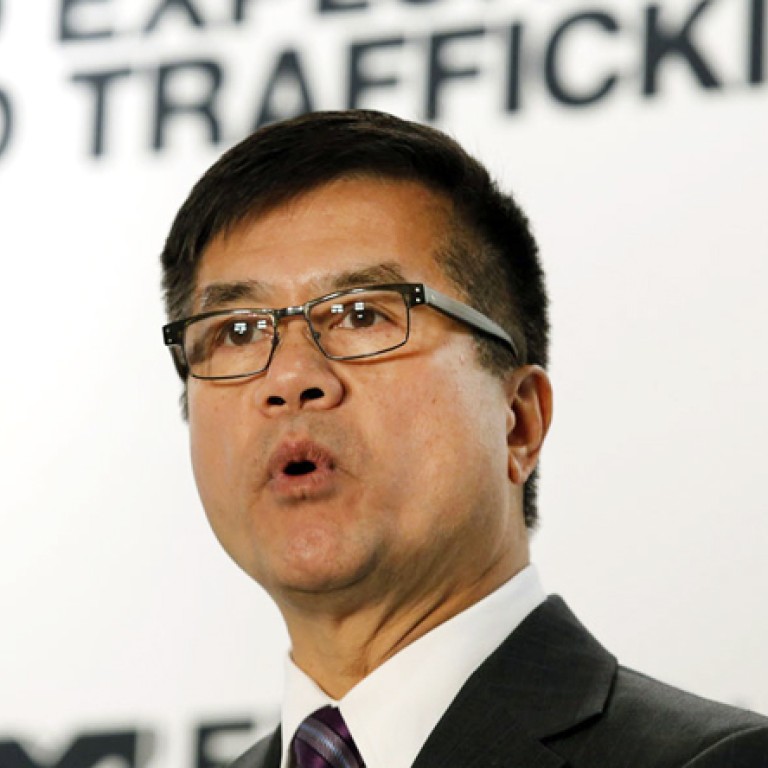
Gary Locke provided a level head in testing times for Sino-US relations
President Barack Obama sent Chinese-American Gary Locke to China in 2011 as point man for Washington's most important relationship - a more important job than running the US Commerce Department with its US$10 billion-plus budget and 142,000 staff.
President Barack Obama sent Chinese-American Gary Locke to China in 2011 as point man for Washington's most important relationship - a more important job than running the US Commerce Department with its US$10 billion-plus budget and 142,000 staff. To Washington watchers, being posted abroad could be seen as a career setback, even if his previous job was not the most glamorous in Obama's top team. To Beijing, the appointment of a cabinet-level official to the US envoy's post was proof of China's standing in Washington.
Whether or not Beijing had advance notice of news of Locke's resignation yesterday, President Xi Jinping's reported remarks during a meeting with former US president Bill Clinton on Monday sounded like a compliment to his work. Noting that Sino-US ties had generally moved in the right direction, Xi said: "… our relationship has become a skyscraper. We need to work together to keep building it".
Stronger relationships are built on patient diplomacy behind the scenes. As a lawyer, former governor of the state of Washington and cabinet official, Locke had all the credentials. But he will also be remembered for his safe handling of sensational issues that could have led to serious diplomatic incidents - the flight of Wang Lijun, a senior aide to disgraced Bo Xilai, to the US consulate in Chengdu, and the granting of sanctuary in the US embassy in Beijing to blind human rights dissident Chen Guangcheng . Wang agreed to surrender to Chinese officials and Chen eventually left the embassy before being allowed to leave for the US. Locke raised false hopes among ordinary Chinese because, as a third-generation Chinese American, he said they expected him to be more sympathetic to the Chinese viewpoint on many issues. Still, they drew favourable comparisons with party officials and their perks and privileges when Locke flew economy class, carried his own bags and did his own shopping.
Protocol dictates that diplomats steer clear of local political issues, lest they be accused of interference in domestic affairs. However, amid growing calls for state leaders to declare their assets, party newspaper gave Locke a bit of a free kick, by challenging him in a microblog posting to disclose his, which he promptly did. A 2011 declaration by Locke showed he was then the sixth wealthiest official of the US executive branch - and now an emissary of capitalism to a socialist state with Chinese characteristics that still lacks disclosure laws.

